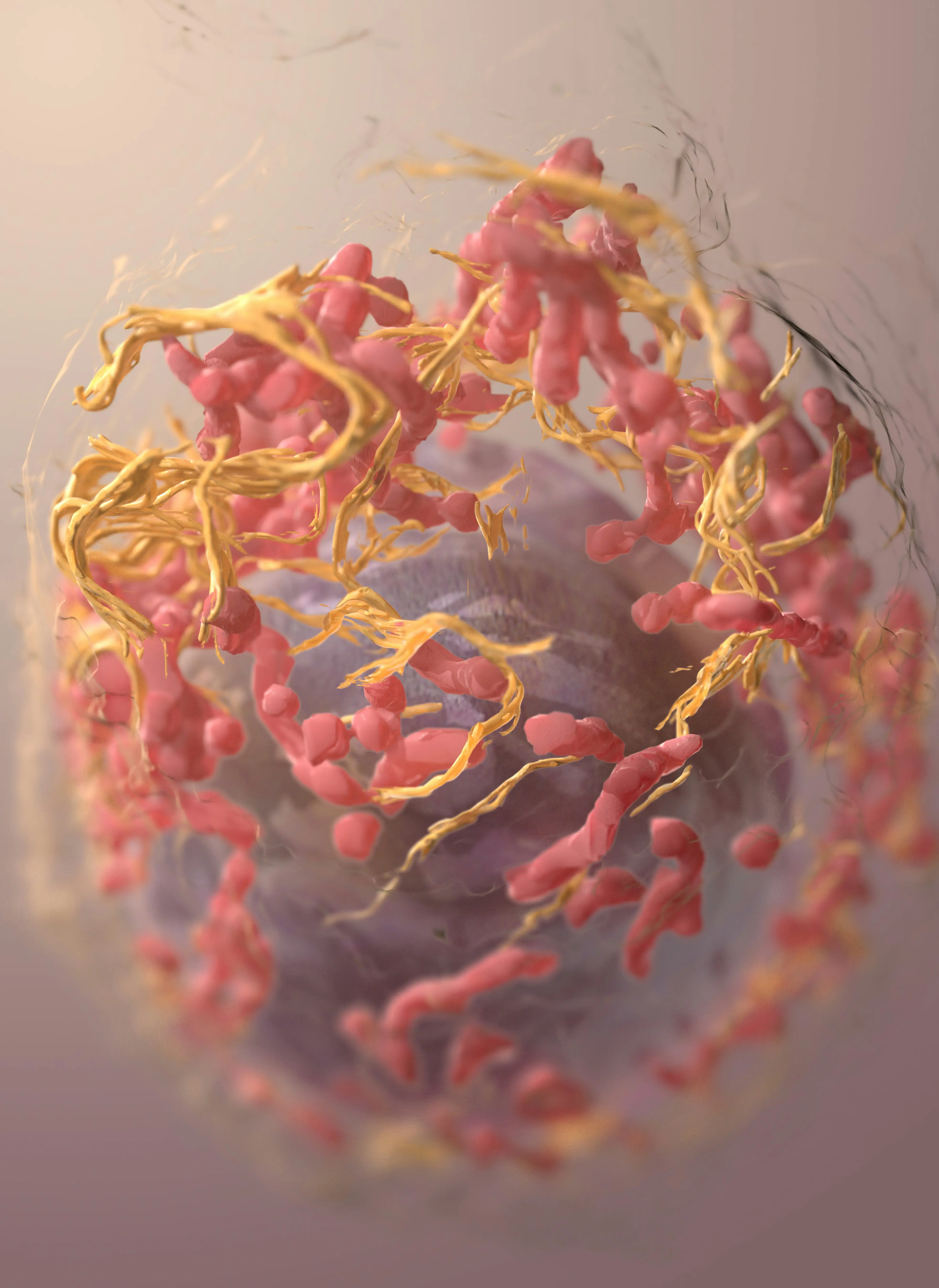AI-Assisted Imaging Could Revolutionize Breast Cancer Screening

Breast cancer screening is about to get a major upgrade thanks to an innovative AI-assisted imaging technique developed by researchers at Caltech. This approach offers a safe, effective, and painless alternative to mammography, which often causes discomfort and exposes patients to low doses of radiation.
Traditional mammograms, while life-saving, can be uncomfortable or even painful, and some women avoid regular screening because of this. The new method combines advanced ultrasound imaging with artificial intelligence to create detailed breast images without any radiation exposure or compression, which could make regular screening more accessible and less stressful, encouraging earlier detection and better outcomes.
At the heart of this breakthrough is an AI algorithm trained to analyze ultrasound data with incredible precision, detecting subtle tissue differences that human eyes might miss. By automating image interpretation, the system reduces the chance of human error and speeds up diagnosis.
Imagine a clinic where patients can receive a quick, painless breast scan without the intimidating squeeze of traditional devices. This technique also opens doors for frequent monitoring of high-risk patients or younger women, for whom mammograms are not always recommended.
The research team envisions applications beyond cancer detection. For example, this technology could help differentiate benign cysts from malignant tumors without the need for invasive biopsies, reducing anxiety and healthcare costs.
While the technology is still in early stages, clinical trials are underway, and the potential impact is promising. If widely adopted, AI-assisted breast imaging could transform screening programs worldwide, making them more patient-friendly and equitable.
This innovation exemplifies how artificial intelligence is not only accelerating discovery but also reshaping how medicine is delivered, focusing on comfort, accuracy, and accessibility.
As breast cancer remains one of the most common cancers among women globally, advancements like this could save countless lives by encouraging more women to get screened regularly, without fear or discomfort.